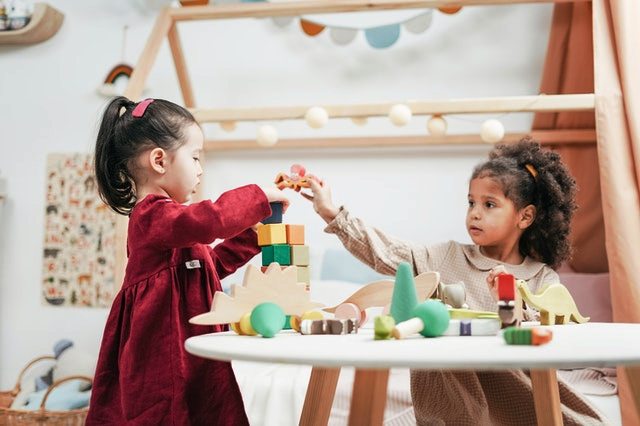In today’s fast-paced world, emotional intelligence (EI) has emerged as a critical skill for personal and professional success. While academic achievements and technical skills are often emphasized, developing emotional intelligence is equally, if not more, important. Emotional intelligence involves understanding and managing one’s emotions, empathizing with others, and navigating social complexities. For children, building EI can set the foundation for a well-rounded and fulfilling life. Here’s how parents, educators, and caregivers can foster emotional intelligence in children.
Understanding Emotional Intelligence
Emotional intelligence comprises five key components:
- Self-awareness: Recognizing and understanding one’s own emotions.
- Self-regulation: Managing and controlling one’s emotions in various situations.
- Motivation: Channeling emotions towards achieving goals.
- Empathy: Understanding and sharing the feelings of others.
- Social skills: Navigating social interactions and building relationships.
The Importance of Emotional Intelligence
Children with high emotional intelligence are better equipped to:
- Handle stress and anxiety
- Form healthy relationships
- Resolve conflicts effectively
- Exhibit empathy and compassion
- Make responsible decisions
Strategies to Build Emotional Intelligence in Children
- Model Emotional Intelligence:
- Children learn by observing adults. Demonstrate self-awareness, empathy, and effective communication in your interactions. Share your feelings openly and show how you manage them constructively.
- Encourage Emotional Expression:
- Create a safe and supportive environment where children feel comfortable expressing their emotions. Encourage them to talk about their feelings and validate their experiences.
- Teach Emotional Vocabulary:
- Help children develop a rich emotional vocabulary by teaching them words to describe their feelings. This enables them to articulate their emotions more accurately and understand them better.
- Practice Active Listening:
- Show genuine interest in what children have to say. Practice active listening by giving them your full attention, acknowledging their feelings, and responding empathetically.
- Develop Empathy:
- Encourage children to consider other people’s perspectives and feelings. Engage in role-playing activities that help them understand and empathize with others.
- Promote Problem-Solving Skills:
- Teach children to approach problems calmly and rationally. Encourage them to think through different solutions and the potential consequences of each. This builds their ability to manage emotions and make thoughtful decisions.
- Teach Stress Management Techniques:
- Introduce children to various stress management techniques such as deep breathing, mindfulness, and physical activity. These tools help them cope with negative emotions effectively.
- Foster Social Skills:
- Encourage positive social interactions through group activities and cooperative play. Teach children the importance of sharing, taking turns, and resolving conflicts amicably.
- Encourage Reflective Thinking:
- Help children reflect on their experiences and emotions. Ask open-ended questions that prompt them to think about how they felt and why, and what they might do differently in the future.
- Provide Constructive Feedback:
- Offer feedback that focuses on behaviors and their impact rather than personal traits. Use positive reinforcement to encourage desirable behaviors and guide children towards better emotional responses.
Creating an Emotionally Intelligent Environment
- Emotionally Responsive Schools:
- Schools play a crucial role in developing emotional intelligence. Implementing social-emotional learning (SEL) programs can provide children with structured opportunities to learn and practice EI skills.
- Supportive Home Environment:
- A nurturing home environment where emotions are acknowledged and respected is essential. Encourage open communication and provide consistent emotional support.
- Community Involvement:
- Community programs and activities that promote social interaction and emotional learning can further reinforce these skills.
Conclusion
Building emotional intelligence in children is a continuous process that requires patience, consistency, and a supportive environment. By prioritizing emotional intelligence, we equip children with the tools they need to navigate life’s challenges, build meaningful relationships, and achieve long-term success and happiness. As we foster these essential skills, we not only enhance their well-being but also contribute to creating a more empathetic and understanding society.
MORE POSTS: When did you realize your parents were bad at parenting?



